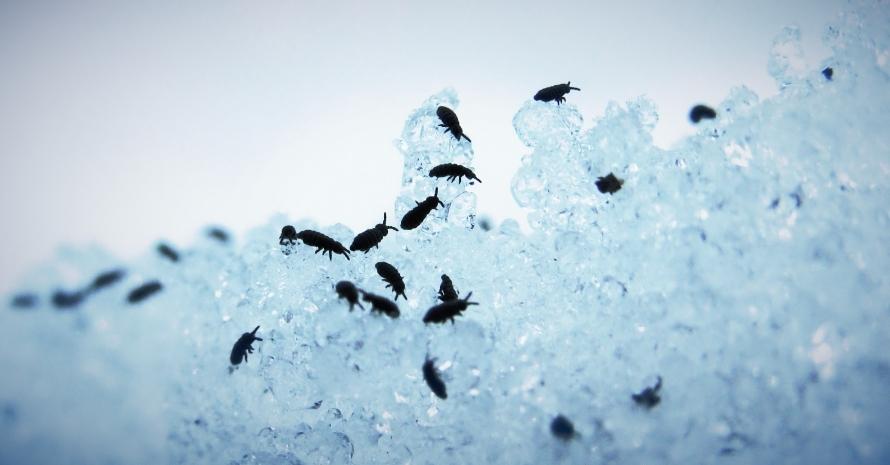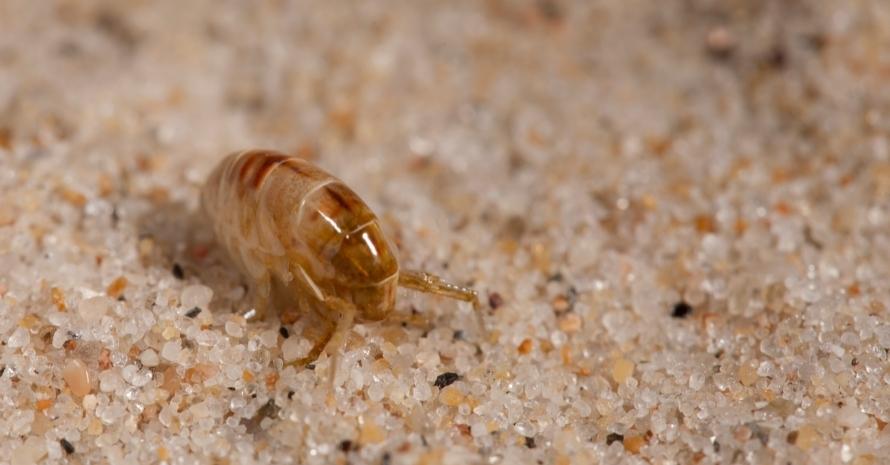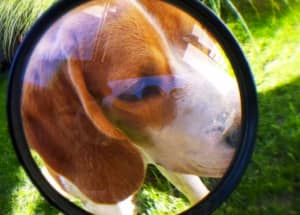Fleas in the house are not uncommon. Not only owners of private houses and summer cottages, but also residents of high-rise buildings risk having them. If an infestation occurs, the parasites actively spread in a warm, humid place. They do not like sunlight, cleanliness and low temperatures. Where do fleas hide in the house? Let’s find out.
All the Fleas’ Hiding Spots
There are many blood-sucking insects, but fleas are the most well-known. Flea bites are not only painful and itchy, they are often dangerous. The pests are small, but can be seen with the naked eye, although it is difficult to look for them. While waiting for their prey, they skillfully hide and lay eggs in the most unexpected places, making them difficult to treat. However, there are places where fleas are likely to be found.
- In a house parasites usually hide in hard-to-reach places;
- The insects are easily noticeable on pets;
- These parasites don’t live outside.
Where do fleas like to hide?
Many people mistakenly believe that they settle on their pets, such as a cat or a dog, but this is not true. Fleas are not gregarious and do not form nests, but as free hunters, they attack their prey to quench their bloodlust and then hide in hiding places.

However, the appearance of just a few insects in the apartment is enough, and very soon its inhabitants will have to deal with the problem. These parasites multiply very quickly, and since they have no clearly defined nest, the insects disperse wherever they go. Due to their ability to jump quickly and far, the entire apartment becomes a home for these parasites.
Where do fleas hide on cats?
Where do fleas like to hide on cats? Cat fleas are easy to detect visually, because they are larger and can stay on the animal’s body for long. The sooner the owner manages to detect fleas in the cat, the sooner it will be possible to get rid of them.
Symptoms of infestation are quite characteristic and clearly visible to any owner. When stroking, combing or bathing the cat, you can notice black insects, their eggs or their traces. The latter resemble grains of salt or black pepper. Fleas are especially noticeable on the pet’s head, neck and chin.
Where do fleas like to hide on dogs?
It’s easy to tell if your pet has fleas; if you look very closely, you’ll find white crumbs on the coat, which are flea eggs.
If you brush your pet on a white sheet, you can see the insects on the cloth and on the comb. On dogs, the parasites mostly hide near the ears, where the body temperature is higher, as well as in the places where the hair is the longest — then it is easier for fleas to hide.
Where do fleas hide in the house?
Where can fleas live? Let’s figure it out:
Upholstered furniture
This is a suitable place for them to pupate. The larvae hide from light, penetrating into the smallest creases and crevices of upholstered furniture. There they stay until they turn into adults.
On shelves and cabinets
Cat owners know that sometimes their pets can easily jump up to the ceiling. Therefore, the presence of fleas on bookshelves, kitchen furniture and other high places should not be surprising.
Carpets
Female species lay eggs in animal fur, but when the pet moves, they fall off. Most often, flea eggs end up on the floor or in the fibers of carpeting. After a few days, a new generation of bloodsuckers will emerge from them.
Where do fleas hide in bed?
Parasites can live inside the bed. As I said before, parasite eggs from your pet’s fur can fall on your bed. Where does your pet spend most of its time? If your cat or dog sleeps on the bed, the risk of the bed being infested with fleas is very high.
Where do fleas hide in bedroom?
In the bedroom, fleas can hide almost anywhere:
- floor and all adjacent surfaces up to 1.5 meters high;
- behind baseboards, in cracks and crevices, behind wallpaper that comes off underneath;
- bed and linens;
- in cases where fleas have become abundant in the apartment — beds, sofas and bedding.
Where do fleas hide outside?
Parasites have nothing to do outside the house. They tend to find human and animal habitats. Typical flea habitat is an apartment.
FAQ

Here I present the list of the most common questions about fleas:
Can fleas live in houseplants?
Only cruciferous fleas can live in plants. They do not feed on blood, so they are only particularly dangerous to flowers and leaves.
Can fleas live in wood?
Some fleas hide in wood floors, baseboards, etc. They live there to hide from danger and to lay their eggs.
Do fleas live in cat litter?
Flea larvae can indeed feed on this specific type of food. Normal adult fleas are unlikely to choose such a habitat.
Find All Parasites in Your House
Now you know the main places where these small insects hide. When treating the room, be sure to pay attention to these spots.
Share your thoughts about the topic in the comments below. Have you found flea eggs in places like this? What other flea refuges do you know?
Also read:
- How to Get Rid of Fleas in Basement: Everything You Wanted to Know
- Does Alcohol Kill Fleas? Detailed Guide
- Does Coconut Oil Kill Fleas? Detailed Guide
- Does the Dryer Kill Fleas? Step-by-Step Investigation
- Best Vacuum for Fleas: Proven Way to Eliminate Fleas
References:
- Diseases from fleas (King County) https://kingcounty.gov/depts/health/communicable-diseases/zoonotic/facts-resources/diseases-by-animal/fleas.aspx
- CatFlea (Entomology and Nematology Department) https://entnemdept.ufl.edu/creatures/urban/occas/catflea.htm
- Fleas on Dogs (Blue Cross) https://www.bluecross.org.uk/advice/dog/dog-flea-advice

